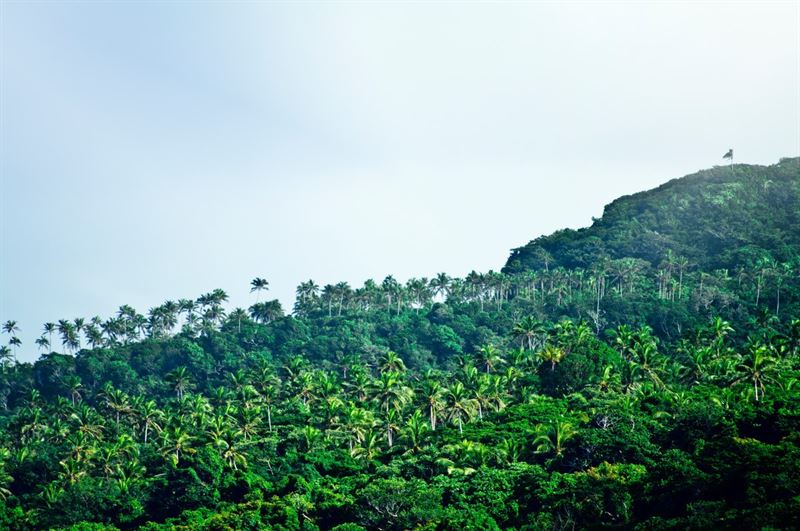Neste’s palm oil and PFAD traceability dashboards have been updated – updates twice a year

Neste Corporation, News, 19 May 2020
Neste has updated its traceability dashboard which provides detailed data on the company’s palm oil and palm fatty acid distillate (PFAD, a processing residue of refining food-quality palm oil) supply chains. The site provides a map service from which users can find the locations of Neste’s suppliers and review data on suppliers’ certification status, among other things.
Neste increased the frequency of its dashboard updates from one to two times per year in 2019. More frequent updates help Neste provide its stakeholders even more up-to-date data on its supply chains as there may be changes throughout the year.
The data that has now been published represents Neste’s palm oil and PFAD supply chains in July through December, 2019, providing more detail to what has been provided in Neste’s Sustainability Report 2019 published in March 2020.
Great progress made with PFAD traceability – Covid-19 pandemic slowing down further progress
In 2017, Neste set a public target to work towards mapping its entire PFAD supply chain to oil palm plantations by the end of 2020. Collaborating with our partners from the Consortium of Resource Experts (CORE), consisting of sustainability experts from Daemeter and Proforest, we have continued making great progress in this very complex and challenging task.
By the end of 2019, 99.5% of our PFAD supply chain had been independently mapped and validated to the supplying mills and 71% (44% in 2018) of our PFAD supply chain all the way to oil palm plantations. This has required us to map large parts of previously unmapped food industry palm oil supply chains. The food industry is not legally required to source from traceable supply chains despite representing the vast majority of the palm oil demand globally.
We have continued to work towards reaching an even higher level of traceability in 2020. The progress is, however, much slower due to the fact that the parts of the supply chains that remain to be mapped need significant amounts of support in the process. More recently, Covid-19 pandemic has prevented any direct engagements between sustainability experts and supplier representatives, which has brought PFAD mapping and validation to a halt.
We aim to support the progress by continuing to build industry-wide acceptance for the “Risk-calibrated approach to traceability to plantation” (RCA TTP) we have developed together with CORE over the past years. This work has potential to significantly improve the overall transparency of palm oil supply chains, particularly those that are primarily serving industries that do not have legal traceability requirements similar to those in the biofuels sector. A commonly shared approach is key to enabling and speeding up coherent efforts towards improved traceability within the palm oil sector as a whole.
Further information:
Neste’s traceability dashboard
Neste’s renewable raw materials
Neste Sustainability Report 2019
Salla Ahonen, Vice President, Sustainability, Neste, tel. +358 50 458 4559, salla.ahonen(@)neste.com
Neste in brief
Neste (NESTE, Nasdaq Helsinki) creates sustainable solutions for transport, business, and consumer needs. Our wide range of renewable products enable our customers to reduce climate emissions. We are the world's largest producer of renewable diesel refined from waste and residues, introducing renewable solutions also to the aviation and plastics industries. We are also a technologically advanced refiner of high-quality oil products. We want to be a reliable partner with widely valued expertise, research, and sustainable operations. In 2019, Neste's revenue stood at EUR 15.8 billion. In 2020, Neste placed 3rd on the Global 100 list of the most sustainable companies in the world. Read more: neste.com.